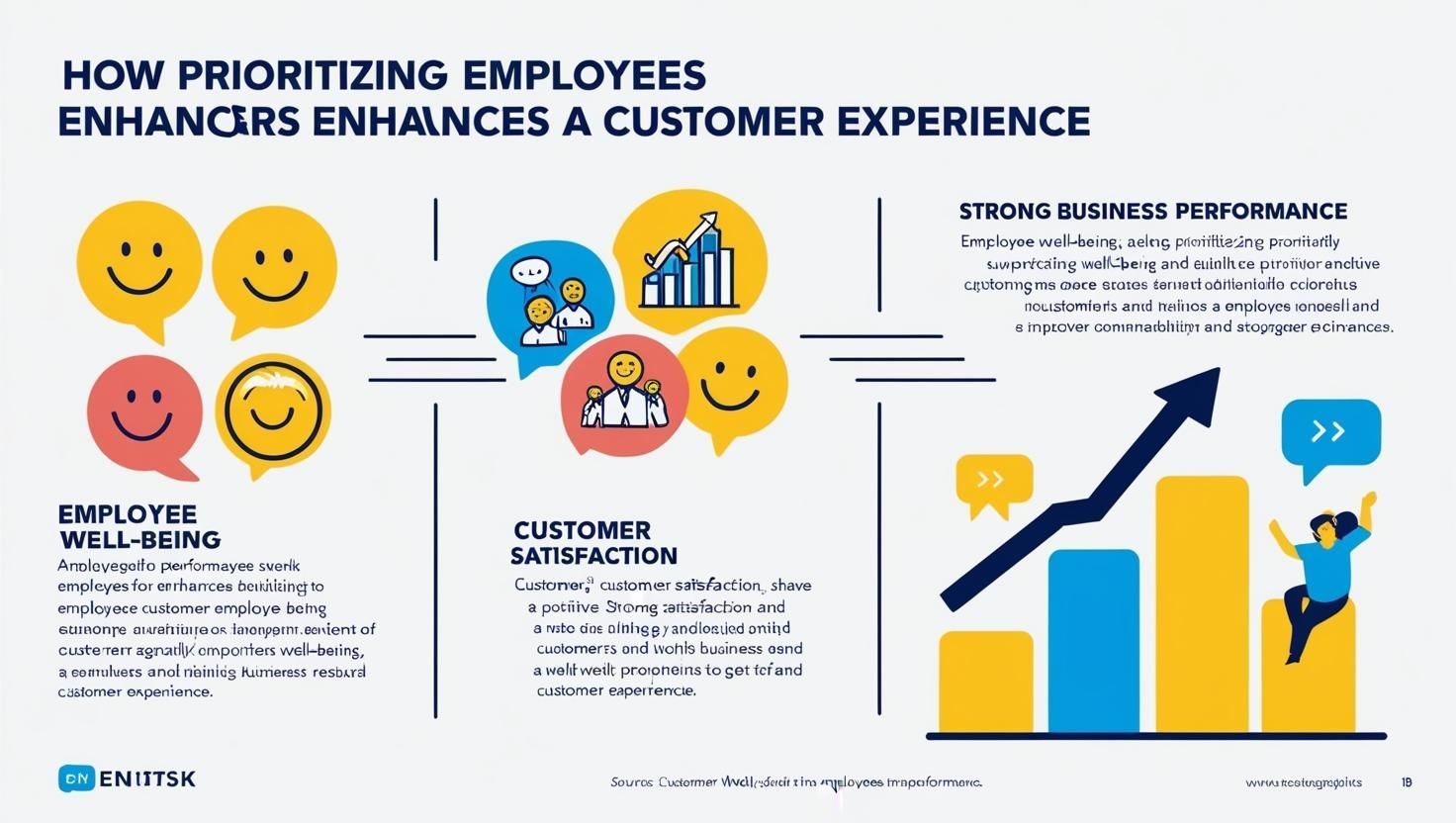Is a Four-Day Work Week on the Horizon for Your Business?
The concept of a four day work week is gaining interest, from both business leaders and employees as the workplace undergoes changes. This new strategy aims to enhance work life balance and productivity while also increasing employee happiness. However is this approach suitable, for your company? In this piece we delve into the advantages, difficulties and factors to ponder when contemplating a four day work week implementation.
Exploring the Advantages of Working a Four Day Week
Implementing a four-day work week offers employees an extra day to unwind, engage in hobbies, or spend quality time with loved ones, significantly enhancing their work-life balance. This shift can lead to greater job satisfaction and reduce the risk of burnout, ultimately fostering a more content and motivated workforce. Research indicates that shorter work weeks can significantly boost productivity, as employees tend to focus and work more efficiently when they have fewer hours in the office. Moreover, an additional day off can positively impact employees' mental and physical health, providing more opportunities for rest and activities that enhance overall well-being and vitality. In today's job market, where flexibility and a healthy work-life balance are highly valued, introducing a four-day work week can be a powerful strategy for attracting and retaining top talent.
Obstacles and Factors to Think About
Balancing customer satisfaction is a key challenge when transitioning to a four-day work week, as maintaining efficiency and meeting customer service expectations can be difficult. Organizations may need to implement shifts or hire additional personnel to ensure adequate coverage despite the reduced work week. This transition might also require a reassessment of workflows and procedures, as companies need to identify areas for improving efficiency and develop methods to streamline operations while maintaining productivity levels. Furthermore, some industries may not be suited for a four-day work week due to operational constraints. Embracing this change involves a cultural and organizational shift within a company. Business leaders must foster an environment built on trust and responsibility, empowering employees to effectively manage their schedules.
In summary
Many companies are intrigued by the concept of a shortened work week due to its potential to enhance both employee happiness and efficiency. However, when considering this idea, it's essential for company executives to evaluate the specific requirements and limitations of their industry and organizational structure. By carefully assessing the potential impacts and proactively addressing challenges, organizations can make informed decisions about whether a four-day work week is a viable option. In the evolving landscape of work, embracing innovative strategies like this may be key to developing a workforce that is both adaptable and resilient.









